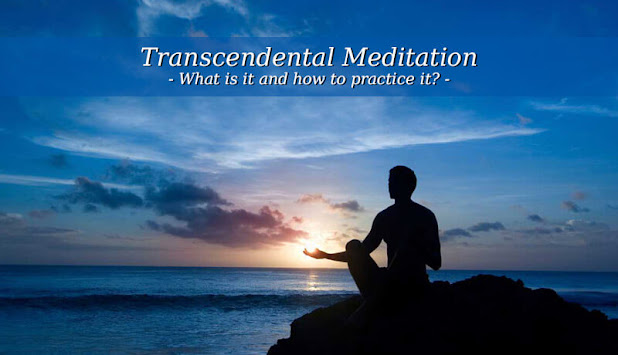Religious Similarities between Hinduism And Islam
There is a Vedic Hymn which goes like:
Oh! Param-Brahma, You are alone! a never-ending ocean of knowledge,
while paths leading to thee are different streams and channels.
Crooked or straight, all the paths reach to thee,
Since it is the destiny of a river to merge with the sea.

All scriptures lead us towards the same truth. But lowly men, with no evolution of intellectual faculties and mental discernment, in their hallucinations guided with interests and prejudices, advocate the evil philosophies of the supremacy of one way of life over the other. Such evil plans in the past had resulted in religious wars, imperialism, and terrorism with the sole purpose achieved as the destruction of precious human lives.
Throughout history, the so-called 'religious leaders' have to lead their followers towards divergence of beliefs while the religious texts have always been teaching us about the concurrence of faiths.
Let us understand a few of the Religious similarities between Hinduism and Islam, with various points of congruence being:
- Monotheism: Islam is a monotheistic faith believing in absolute paramountcy of the Supreme being. And so is Hinduism, It is a very myopic understanding of Hinduism to think of it as a pantheistic religion. In Bhagavad Gita, the God-Incarnate triumphantly proclaims himself to be the absolute and beyond every conceivable thing. The multitudes of deities are just the manifestation of energies of the same Supreme Lord. The Devas in Hinduism are the same as 'jinns' and 'parizads' in Islam. Didn't Angel Gabriel inform Mohammad of his messenger-hood?
- Idolatry: Why do Muslims throw stones at Satan? why do Muslims circumambulate the Kaaba? Whether negatively or positively, any importance assigned to an Idol is indeed idolatry! Isn't it? Whether one abhors or worships or even thinks of it as a direction, the black stone along with the satan pillar is a subject of focus in Islam!! It is a mistake to think that Idolatry is not prevalent in Islam; having said that, it is also foolish to believe that idol worship is the sole way of worship in Hinduism. If idol worship was the only way towards salvation, then no saint would have ever meditated. Yoga doesn't even talk about idols. The yogic meditation is more of a subject dealing with the understanding of the universe and cosmos. Vedas have always stressed upon digging deeper into one's soul. Idol worship is employed only to personify the lord and offering love to it. Vedas declare that God is formless. A Hindu can offer flowers to an Idol while completely holding the reality of his formlessness in his heart.
- The concept of Heaven and Hell: The 'Houris of Jannat' is indeed the Islamic equivalent of 'Celestial Apsaras of Indra's Court, the ruler of Heavens.' Both Hinduism and Islam describe Heavens in the after-life as a pleasurable destination for men of good deeds. Both describe Heavens where wines are always flowing over and beautiful realms charm the senses of men. 'Soma of demigods' is the same as the 'celestial wine offered by houris' in Islam. Similarly, both religions describe Hell as something dreaded and scary destination for the people of bad deeds.
- Law of Karma and the day of judgment: The Law of Karma is one of the fundamentals of the Hindu faith while the Mohammedan faith revolves around the day of judgment. Both Hinduism and Islam profess reward of pious works and punishment for evil thoughts.
- Final Dissolution and Death: There is a popular quranic phrase "Inna illaha wa in al-illa rajioon". Muslims recite this mostly at a funeral. The literal meaning of this phrase is "To God we belong and to God, we shall return" Thus, this phrase implies death as not the end of human life but rather as the final merger with the Almighty. Quite similar is the concept of Moksha in Hinduism. The Upanishads talk about moksha as final liberation from the cycle of birth and death, beyond all sensory illusions, where a soul finally merges with the supreme consciousness.




Comments
Post a Comment